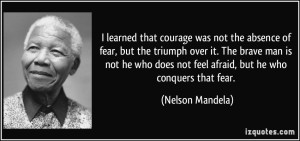Start TodayThe 80/20 rule sounds like a mathematical formula and in some ways it is but don’t fret, this isn’t a lesson on statistics. The rule came from an Italian economist, Vilfredo Pareto, who stated that 80% of the Italian income was earned by 20% of the Italian population. 
What this means is that 80% of your outcomes come from 20% of your inputs. To put this another way, 20% of your activities equate to 80% of your happiness. Instead of focusing on income, we will focus on your overall well being or happiness factor.
To prove this theory, look at the distribution of wealth and lately with the shrinking of the middle class, this is even more apparent that a small portion of the population controls the majority of the economy. Look at business, the top earners are a small percentage of companies and earn the largest portion of income. And if you look at your own habits, you most likely spend most of your income on few things like your mortgage, car payment, food and you probably spend most of your time with a few people each day.
So how can you use the 80/20 rule to maximize your outputs? Let’s look at John Maxwell. He talks about the fact that he is only good at a few things. Therefore, he doesn’t waste his time with those things he cannot do or does not want to do. By focusing on what you are good at – those few things; and not waste time on those things you are not good at, you maximize your efficient self and are able to improve upon and increase your skillset on what you are good at and what you love to do.
Malcolm Gladwell speaks of how to become an expert; the common thread is spending 10,000 hours perfecting one’s craft. If you spread yourself across the board, become a Jack of all trades, master of none, than your efficiency rate decreases and no longer will the 80/20 rule work in your favor.
Take a moment and consider what you love and what you are really good at and then list out those things that cause you to waste time and decrease your efficient self. If you are able, hire someone to do those tasks that fall on that list. Share duties with your children, spouse, roommate, significant other, co-worker, team members etc. Trade your time and skillset for theirs. You will find that focusing on those 20% tasks, the 80% yield will be worthwhile.


![quote-Ariel-Durant-a-great-civilization-is-not-conquered-from-within_thumb[1]](https://shepherdsadvantageinc.com/wp-content/uploads/2015/07/quote-Ariel-Durant-a-great-civilization-is-not-conquered-from-within_thumb1-300x173.png)






